UNITED STATES | The Black Panthers: A Legacy Worth Revisiting in Today's America ?
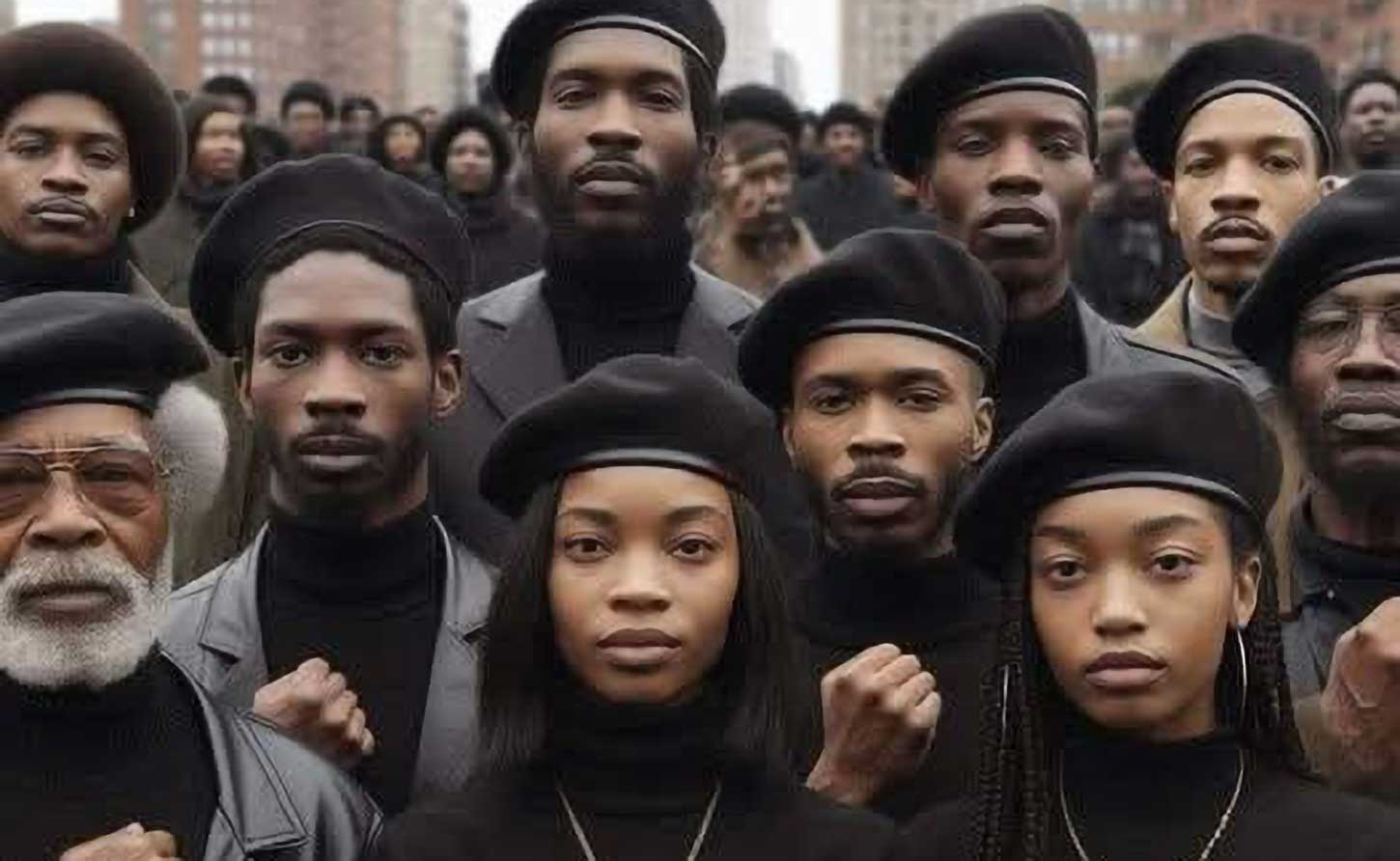
MONTEGO BAY, Jamaica, February 15, 2025 - As Americans witness a resurgent assault on unprecedented Black progress – from the banning of Black History Month to President Trump's pardoning of convicted white supremacists – a chilling question emerges: Who will defend the hard-won gains of the Civil Rights era?
With federal protections crumbling and traditional safeguards against racial violence being systematically dismantled, Black communities face their most serious threat in generations.
The systematic erosion of Black cultural identity through books and education bans, the banning of Critical Race Theory from being taught in schools, the gutting of the Justice Department's civil rights section, and the emboldening of white supremacist militias, paint a stark picture of coordinated suppression.
Against this backdrop of mounting threats, many are looking back to one of history's most effective models of community self-defense: the Black Panther Party.
The urgency of this moment is underscored by the landmark Brattle Report on Reparations for Transatlantic Chattel Slavery (TCS), sponsored by the American Society of International Law (ASIL) in association with the University of the West Indies' Centre for Reparation Research (CRR).
Its findings – a staggering $37 trillion debt for historical racial injustice – highlight not just America's unpaid debt to its Black citizens, but the continuing vulnerability of Black communities to systematic oppression.
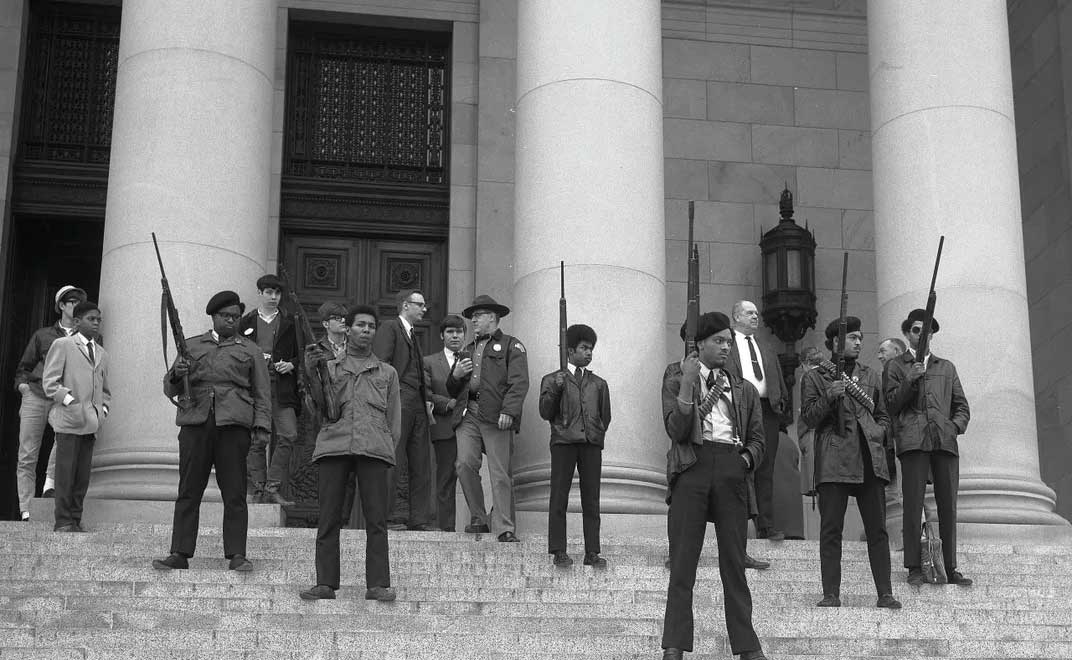
Recent groundbreaking research by economist Mark Stelzner of Connecticut College and Harvard historian Sven Beckert reinforces the profound economic impact of this exploitation.
Their 2021 study provides the first comprehensive estimates of enslaved workers' contributions to American economic growth between 1839 and 1859, revealing that slave labor was not merely a Southern phenomenon but a crucial driver of national economic expansion.
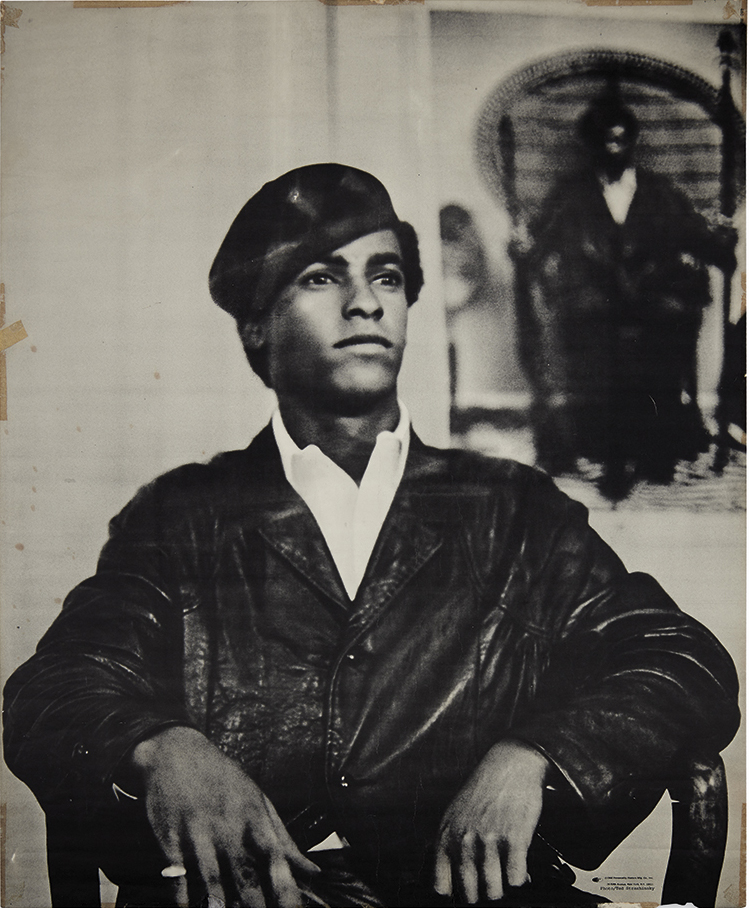
From the first forced voyage in 1619, the story of enslaved Africans in America has been one of unquantifiable contribution and unconscionable brutality.
The Brattle Report pulls no punches in its description of the capture and transportation of African men and women: violent raids, fourteen-day treks to coastal dungeons, and the systematic dehumanization of an entire people.
In the slave dungeons, men and women were separated, shackled in cramped, dark spaces, with women subjected to rape as a method of subjugation and psychological warfare against both genders.
This chattelization – the legal classification of human beings as movable property – marked the beginning of a profound contradiction in American society.
While the nation trumpeted ideals of freedom and dignity, it simultaneously codified the complete denial of African humanity and personhood.
As Stelzner and Beckert's research demonstrates, this "unrequited labor of enslaved women, men and children" formed the bedrock of America's economic might, even as it sowed seeds of social and political instability.
The impact of this fundamental contradiction continues to reverberate through American institutions today, lending quantitative weight to modern calls for reparations.
The report's assessment of post-slavery America reveals how the threads of discrimination were rewoven into new patterns: a century of Jim Crow laws, the 1921 Tulsa Massacre, and today's persistent wealth disparities that limit access to education, healthcare, and housing.
Between 1882 and 1968, the terror continued with the lynching of 3,446 Black Americans – a number that represents only documented cases.
It was against this backdrop that the Black Panther Party emerged in 1966, founded by Huey P. Newton and Bobby Seale in Oakland, California.
Far from being merely a self-defense organization, the Panthers recognized that protection from police brutality was just one facet of a larger struggle for Black liberation. Their programs – from free breakfast for children to community health clinics – addressed the practical needs of communities while challenging systemic oppression.
Today, as Project 2025 unfolds with a series of targeted attacks on Black communities, the Panthers' legacy takes on urgent significance. The project's agenda reads like a systematic dismantling of Black progress: nationwide abortion bans that disproportionately impact Black women's reproductive healthcare, restrictions on contraception access, and attempts to limit insurance coverage for birth control under the Affordable Care Act.
Even more alarming are the direct assaults on Black cultural identity – from banning Black History Month to threatening schools' federal funding if they maintain programs supporting racial or ethnic identity groups.
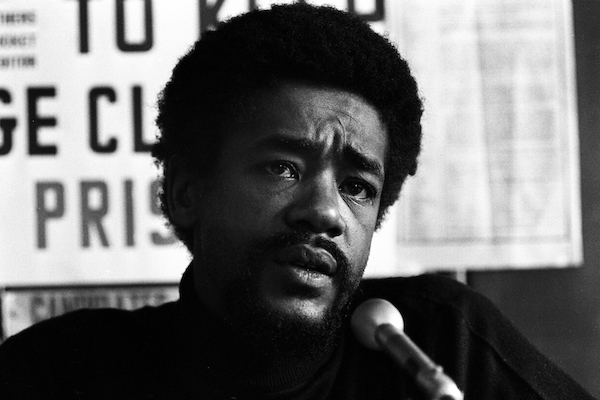
Combined with proposals to expand tax policies that have historically favored the ultra-wealthy at the expense of working Black families, these measures represent a comprehensive assault on Black communities' economic and cultural foundations.
The Brattle Report's stark financial accounting – likely an underestimate, as it excludes countless unquantifiable harms including racial violence, climate insecurity, and the intersectional impact of race with other marginalized identities – serves as a reminder that the work of racial justice remains unfinished.
The report's assessment that "abolition did not end racism" rings particularly true in an era where racial wealth disparities persist and access to essential services remains deeply unequal.
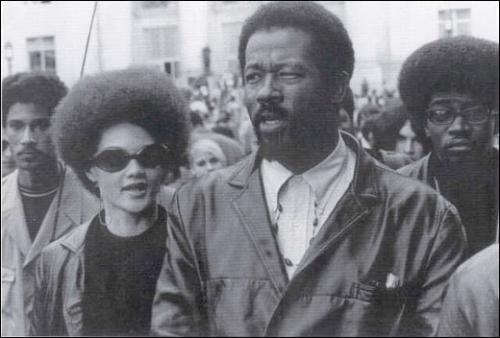
The question is not whether America needs movements for Black empowerment and racial justice – the Brattle Report's trillion-dollar accounting and Project 2025's systematic dismantling of Black rights make that necessity painfully clear.
With federal protections crumbling and white supremacist militias emboldened, Black communities must send a clear signal that they possess their own resources for self-defense and community protection.
The FBI also spied on Paul Coates, who opened the Black Book after working w the Baltimore Black Panthers. Coates opened Black Classic Press in 1978, still operating today. Among his literary legacies are his son Ta-Nehisi Coates. Great interview here: https://t.co/esyXjjTsR3 /19 pic.twitter.com/wMMVOlD99m
— Joshua Clark Davis (@JoshClarkDavis) April 28, 2019
The time has come to consider a 2025 iteration of the Black Panther model – one adapted to meet contemporary threats while building on the original movement's foundation of community organization and self-determination.
This modern incarnation must be equipped to combat not only physical threats from pardoned insurrectionists and standing militias but also systematic attempts to erase Black history, restrict Black healthcare access, and undermine Black economic progress.
As federal institutions abdicate their protective role and elected officials cower in fear of retribution, the Panthers' legacy of organized community defense and empowerment offers more than historical lessons – it provides a blueprint for survival.
Their history demonstrates that effective resistance requires a comprehensive approach: protecting reproductive rights, preserving cultural education, ensuring economic justice, and building alternative structures that empower communities to withstand institutional attacks on their very existence.
In an era where traditional protections are being deliberately dismantled, the spirit of the Black Panthers' commitment to community self-defense and empowerment may be more relevant than ever.
-30-
